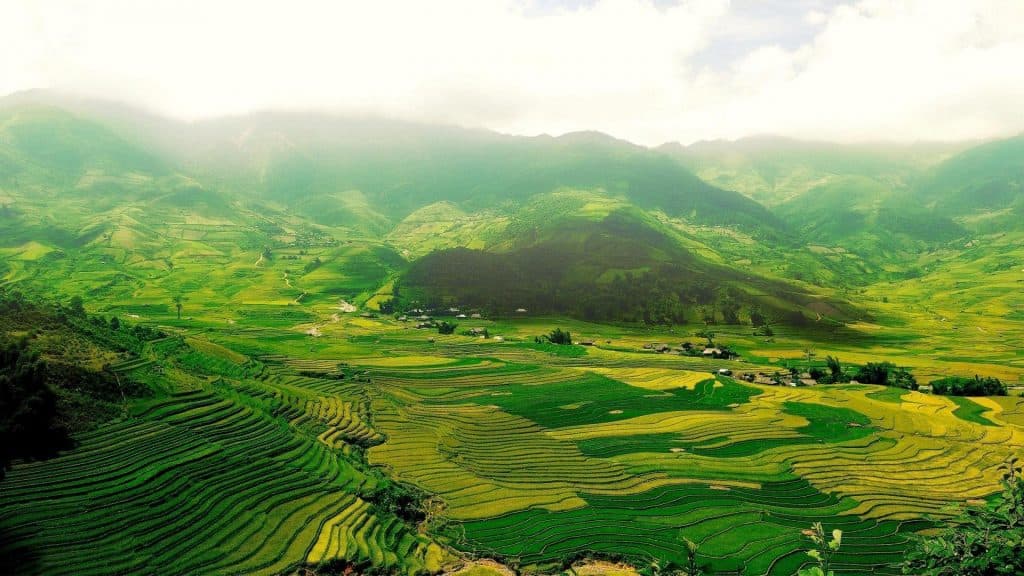Despite swift growth in non-agriculture sectors, the development of the agriculture sector remains the mainstay of the Indian economy. This calls for understanding sustainable agriculture as it is the way to a better future.
Sustainable Farming is Beneficial- A Live Example
Concerned about his family’s nutrition, Vutla Veerabharao, a farmer in Andhra Pradesh, adopted sustainable farm practices in 2004. Mentioning the changing soil colour owing to the revolution that came after the green revolution, he explains the harm caused by chemicals to the field and loss of biodiversity. He accepts that though it took some time to see comfortable profits, he is happy to see crops growing without any chemicals and is contented with the market he has now for his products.

Industrialized Food Production and the Threat to Economy and Climate
Sustainable agriculture is being used since the 1980s, though with varied interpretations. It can take many forms and can subsequently guide the governments to make policies accordingly. Generally, sustainable agriculture or farming means improving farm productivity using such practices that do not harm the environment. However, with mono-crop culture and mechanization, the concept of sustainable agriculture has been misunderstood to some extent. The abundance of affordable food has come at the cost of depleted resources, loss of biodiversity, labour abuse, and decline in family farms.
Organic and Sustainable- Not the Same
Majority of the common public may not be aware of sustainable farming, but we all look for organic products when we go for groceries. These two terms are not synonyms. Sustainable agriculture has three aspects, including economic, social, and environment. The financial facet signifies that sustainable farming should generate profits and hence should add to the GDP. Second, the social aspect indicates that farming systems must have a mutually beneficial relationship with their surroundings. Lastly, the environmental concept says that sustainability in farming practices will maintain healthy soil. Also, it would minimize water wastage and pollution, and most importantly, promote biodiversity. On the other hand, organic farming is only related to the production aspect of agriculture. Hence, it may not always be sustainable.
Need for Resilient Food System
The Food and Agriculture Organization of the United Nation’s report, 2016, highlights that the demand for food and agricultural products will undergo complex structural changes. Subsequently, the market will increase by 50% between 2012 and 2050. The reports also mention the pressure on agricultural land based on this projection. It explains that as a food distributing system gets more capital intensive, it reduces access of small producers to markets. Moreover, a vertically integrated supply chain shapes the dietary choices of consumers, making it of high calorie yet low nutrient profile. This calls for strengthening the linkage between farms and consumers as it will pave the way for poverty alleviation and more informed consumer choices.
Some critics have expressed their concern over low productivity and higher land use as a result of sustainable farming. However, these can be overcome by research and development and proper financial aids. The action-oriented policies can drive the government’s action towards meeting the goals of sustainable agriculture.
In all, it is time to reconnect with the environment and to adopt more natural ways of farming to address our concerns for the quality of health and subsequently our lives.